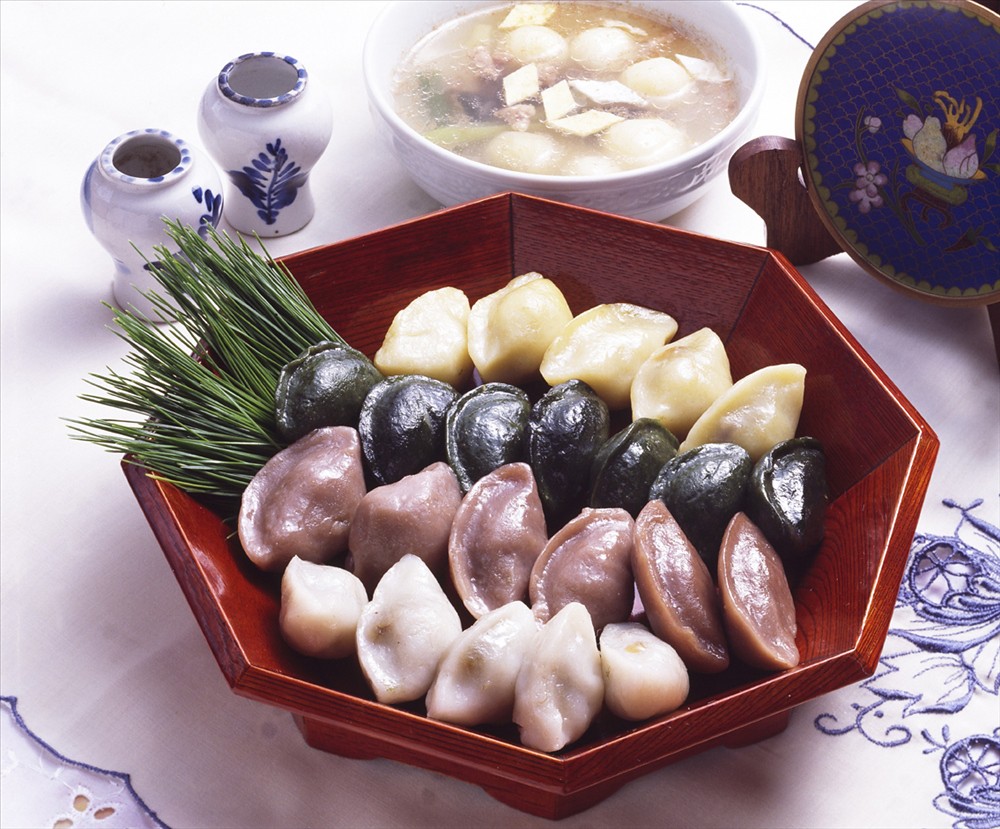
The Cultural Heritage Administration on Nov. 1 said it designated as a national intangible cultural heritage the making of tteok (rice cake), including the traditional customs of producing and sharing the treats. (Korea.net DB)
By Kim Hyelin and Lee Jihae
The making of tteok (rice cake) has received official designation from the government, with the traditional treats appearing at all sorts of events in Korea big and small.
The Cultural Heritage Administration (CHA) on Nov. 1 said it designated tteok making, which includes the traditional customs of making and sharing rice cakes, a national intangible cultural heritage.
Tteok is made from grain powder and prepared by steaming grain flour in siru, a traditional steamer, or heating, boiling or frying it.
Traditionally, tteok was prepared for important occasions such as a baby's 100th day or first birthday, weddings, funerals, ancestral rites, Jeongwol Daeboreum (day of the first full moon of the lunar year) and Chuseok (Korean Thanksgiving). The custom of exchanging tteok with neighbors continues to this day when someone opens a business or moves into a new home.
Tteok is deemed a symbol of sharing, consideration for others and jeong (a broad Korean concept loosely defined as "affection" or "feeling of bond") that forms harmony within a community.
"The Cultural Heritage Administration believes tteok making should be recognized as a national heritage in its own right for the following reasons. It has a long history and has been passed down to the present-day generation across the Korean Peninsula," the CHA said in a statement.
"There are many records of rice cake making in historical documents dating back to the Three Kingdoms Period (57 B.C.-A.D. 668). It can be further explored academically in various fields like food and nutrition or folklore; (and) different regions have developed their own signature rice cake based on their climate and environment."
The CHA added that another reason for the designation was that tteok making is traditional knowledge passed down and maintained by many communities.
Yet it said it decided not to recognize a specific group or person in the designation, as tteok making is a cultural tradition kept by all Koreans on the Korean Peninsula.
kimhyelin211@korea.kr
Most popular
- Slew of festivals, events scheduled in downtown Seoul in May
- 2025 Honorary Reporter class pledges to spread 'real Korea' worldwide
- Korea.net welcomes 2025 K-influencers, Honorary Reporters
- Netflix releases official trailer for final season of 'Squid Game'
- Jeju Island completes prep to host series of APEC meetings
